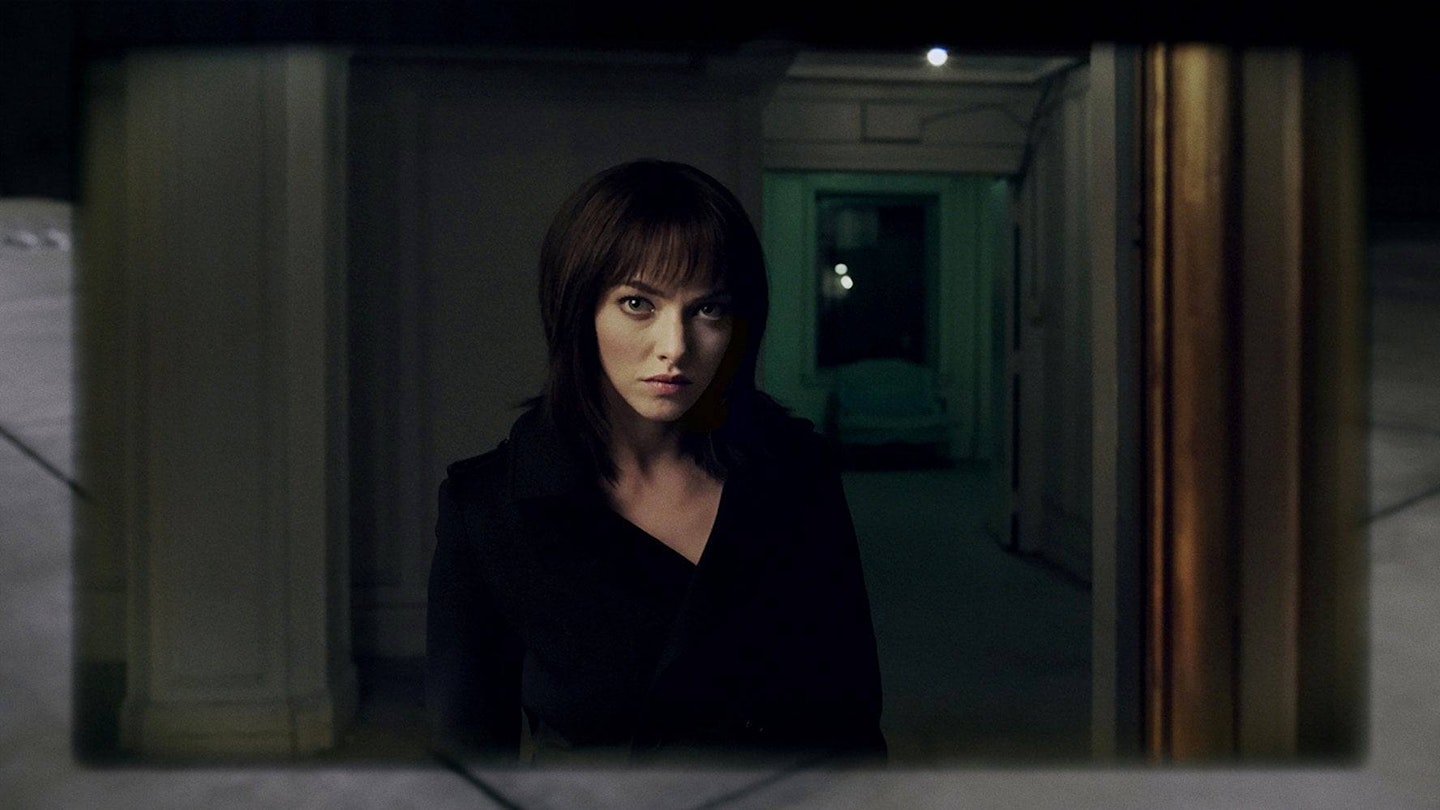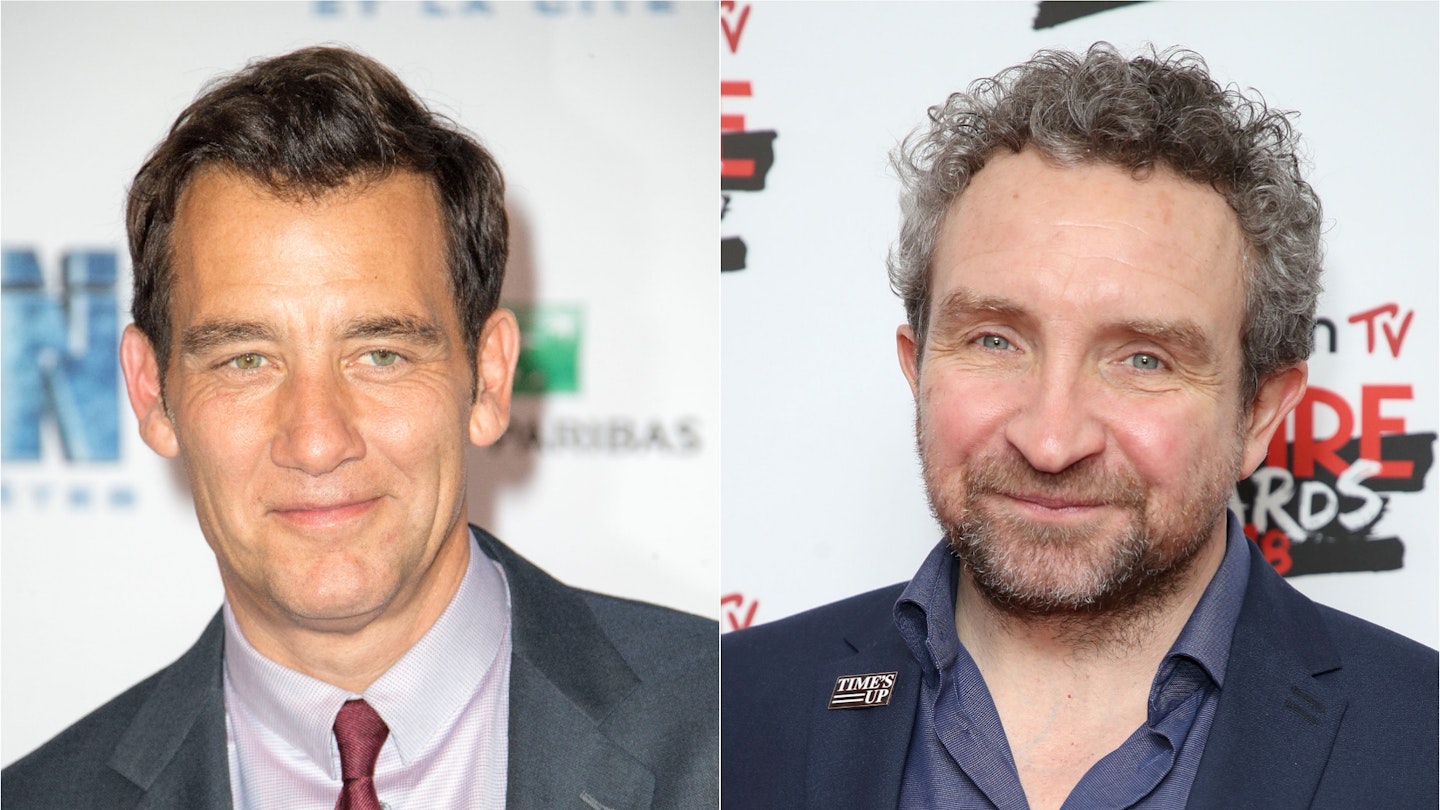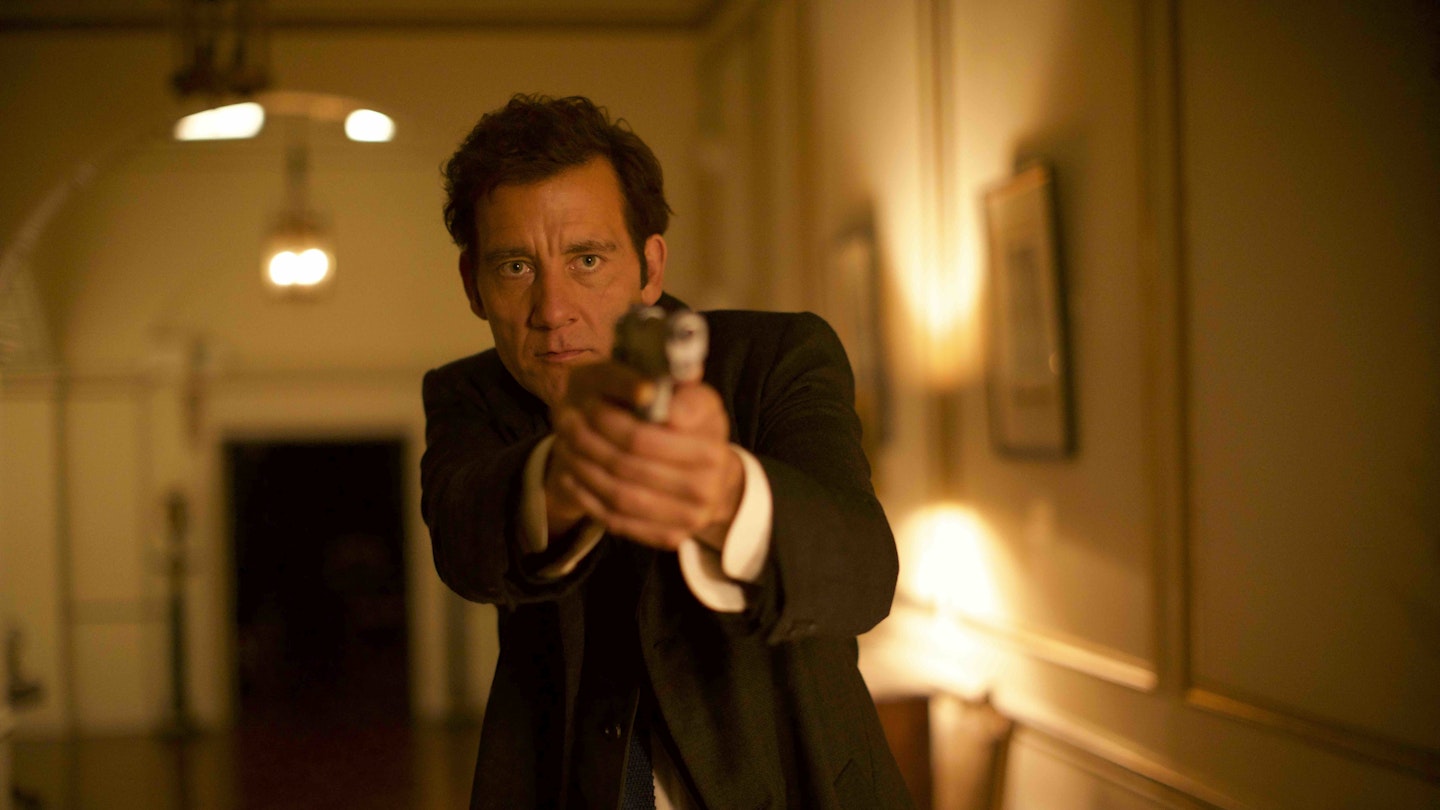In the pantheon of Andrew Niccol’s dystopian futures, Anon (future without privacy) rests somewhere between *The Truman Show *(voyeurism future) and S1m0ne (false-reality future) in its depiction of society gone awry. Anon’s vision of digital dependency taken to its logical end goes beyond sulky teens staring mindlessly at Snapchat, and sees the entire population plugged in to an augmented reality where everything from strangers’ bios to live ads are beamed directly into their POV. What’s more, every moment of every day of each person’s life is uploaded to cloud storage called The Ether, allowing the instant replay of any part of a person’s ‘Record’.
All of this makes crime, if not unusual, extremely short-lived, with the authorities able to dip in and divine the facts of any incident with minimum effort. Which is where rogue hackers come in, running a brisk trade editing people’s Records to remove compromising events. Things get tricky, however, when editing past events turns to editing the present and distorting the perception of reality, especially when used as a tool for murder.
As a comment on the digital exploitation of privacy, Anon could hardly be more timely. It’s a brutal commentary on our collective incontinence in sharing everything we think, see and do. It’s similarly harsh with device addiction, with Owen’s Sal reviewing memory footage mid-coitus. Shot with a stark, de-saturated palette to emphasise the banality of real life, the film subs in the monochrome architecture of downtown Toronto for the majority of its New York-set locations, overlaying everything from corniced pillars to storefronts with the equivalent of AR Wikipedia entries. This sensory bombardment of data is at odds with the film itself, though, which turns on a fairly light whodunnit that isn’t nearly as compelling as the world it’s set in.
A fairly light whodunnit that isn’t nearly as compelling as the world it’s set in.
Owen is surefooted if not luminescent as the dogged detective, leaving Seyfried’s nameless hacker to inject mystique as a woman who keeps herself entirely off the grid. The killer cat-and-mouse throws some interesting kinks (erasing Sal’s memories, making him re-live his son’s death, altering his perception so he literally can’t believe his eyes) but the investigation is wrong-footed by hoary genre tropes from an untimely suspension (without pay, naturally) to incompetent surveillance, culminating in a final act that never quite lives up to its promise.
Niccol’s visions of what’s to come are rarely comforting and Anon is no exception, but this glimpse of what lies ahead is more believable for it. With a story that serves mainly as delivery mechanism for its message this is no Truman Show or Gattaca, but comfortably more coherent than In Time and buoyed by its chilling relevance.


